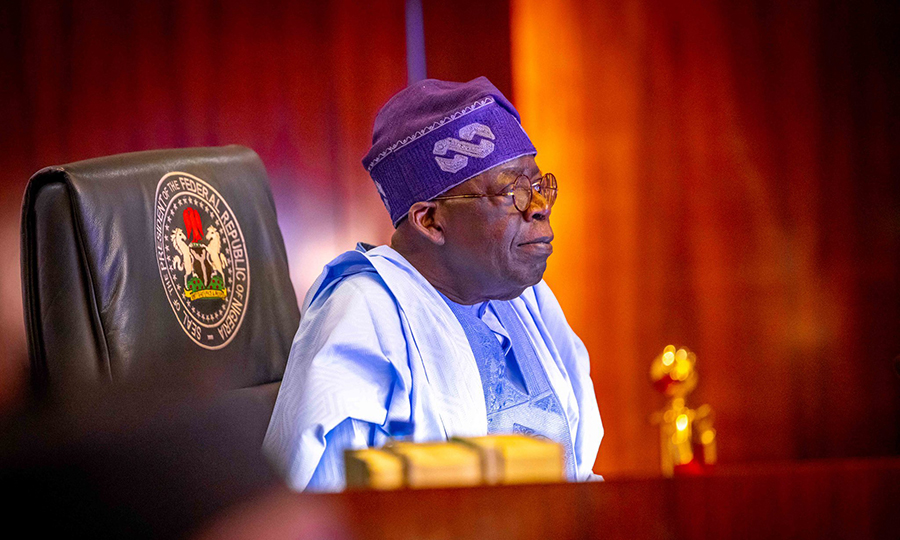
By Ologeh Joseph
The International Air Transport Association, IATA based in Switzerland has warned about new threats of airline connectivity in Nigeria and some other countries.
The group cite blocked funds as a major source of the crisis.
The increase in arline blocked funds went up by 47%, from $1.55 Billion in April 2022 to $2.27 Billion in April 2023.
Willie Walsh, IATA’s Director General, stated “Airlines cannot continue to offer services in markets where they are unable to repatriate the revenues arising from their commercial activities in those markets.”
“Governments need to work with industry to resolve this situation so airlines can continue to provide the connectivity that is vital to driving economic activity and job creation.”
68% of blocked funds is being accounted for by the top five (5) countries as follows; Nigeria ($812.2M), Bangladesh ($214.1M), Algeria ($196.3M), Pakistan ($188.2M) and Lebanon ($141.2M), according to IATA.
IATA urges governments to abide by international agreements and treaty obligations to enable airlines to repatriate these funds gotten from the sale of tickets, cargo space and other activities.
At the 79th Annual General Meeting and World Air Transport Summit in Istanbul on Sunday, Kamil Alawadhi, IATA Regional Vice President Africa and Middle East, stated how the funds had risen to $812m as of April 2023.
He said IATA and the Nigerian government were making progress on the repatriation for the blocked funds until December last year when the preparations for the election kept the process pending, which led to a significant increase in blocked funds in the country.
He said, IATA will meet with the representatives of the new administration of the inaugurated Bola Tinubu government with a view to clear the backlog of the blocked funds. The new government is expected to clear 50% of the trapped funds immediately and the put in place machinery to clear the remaining 50% in a couple months.
The IATA VP, explains Nigeria having a negative perception in the global investment community, due to the airlines blocked funds, leading to a situation that has made many investors shun the country.
He also said that the high ticket price in Nigeria is as a result of the sad development.
“Every penny counts, airlines have been affected by the pandemic. Airlines need their funds to run their operations smoothly. We will engage the new government in Nigeria to get the blocked funds repatriated as quickly as possible,” he said.
“This situation means that airlines are increasingly unable to repatriate their commercial revenues from the affected markets, thereby making it challenging for them to continue providing the critical connectivity that drives economic activity and job creation worldwide,”
Africa accounts for 18 per cent of the global population, but just 2.1 per cent of air transport. As such, he said IATA was focusing on closing this gap.
IATA intends to achieve this by improving on air safety, aviation infrastructure, air connectivity, finance and distribution, sustainability, and future skills.
Meanwhile, Walsh reiterated the point and urged governments to collaborate with industry players to address this unfolding crisis over trapped funds.
“Airlines cannot continue to offer services in markets where they are unable to repatriate the revenues arising from their commercial activities in those markets. Governments need to work with industry to resolve this situation so airlines can continue to provide the connectivity that is vital to driving economic activity and job creation.” He said.
FG to hold meeting with foreign airlines over blocked funds
By Ologeh Joseph
The International Air Transport Association, IATA based in Switzerland has warned about new threats of airline connectivity in Nigeria and some other countries.
The group cite blocked funds as a major source of the crisis.
The increase in arline blocked funds went up by 47%, from $1.55 Billion in April 2022 to $2.27 Billion in April 2023.
Willie Walsh, IATA’s Director General, stated “Airlines cannot continue to offer services in markets where they are unable to repatriate the revenues arising from their commercial activities in those markets.”
“Governments need to work with industry to resolve this situation so airlines can continue to provide the connectivity that is vital to driving economic activity and job creation.”
68% of blocked funds is being accounted for by the top five (5) countries as follows; Nigeria ($812.2M), Bangladesh ($214.1M), Algeria ($196.3M), Pakistan ($188.2M) and Lebanon ($141.2M), according to IATA.
IATA urges governments to abide by international agreements and treaty obligations to enable airlines to repatriate these funds gotten from the sale of tickets, cargo space and other activities.
At the 79th Annual General Meeting and World Air Transport Summit in Istanbul on Sunday, Kamil Alawadhi, IATA Regional Vice President Africa and Middle East, stated how the funds had risen to $812m as of April 2023.
He said IATA and the Nigerian government were making progress on the repatriation for the blocked funds until December last year when the preparations for the election kept the process pending, which led to a significant increase in blocked funds in the country.
He said, IATA will meet with the representatives of the new administration of the inaugurated Bola Tinubu government with a view to clear the backlog of the blocked funds. The new government is expected to clear 50% of the trapped funds immediately and the put in place machinery to clear the remaining 50% in a couple months.
The IATA VP, explains Nigeria having a negative perception in the global investment community, due to the airlines blocked funds, leading to a situation that has made many investors shun the country.
He also said that the high ticket price in Nigeria is as a result of the sad development.
“Every penny counts, airlines have been affected by the pandemic. Airlines need their funds to run their operations smoothly. We will engage the new government in Nigeria to get the blocked funds repatriated as quickly as possible,” he said.
“This situation means that airlines are increasingly unable to repatriate their commercial revenues from the affected markets, thereby making it challenging for them to continue providing the critical connectivity that drives economic activity and job creation worldwide,”
Africa accounts for 18 per cent of the global population, but just 2.1 per cent of air transport. As such, he said IATA was focusing on closing this gap.
IATA intends to achieve this by improving on air safety, aviation infrastructure, air connectivity, finance and distribution, sustainability, and future skills.
Meanwhile, Walsh reiterated the point and urged governments to collaborate with industry players to address this unfolding crisis over trapped funds.
“Airlines cannot continue to offer services in markets where they are unable to repatriate the revenues arising from their commercial activities in those markets. Governments need to work with industry to resolve this situation so airlines can continue to provide the connectivity that is vital to driving economic activity and job creation.” He said.





